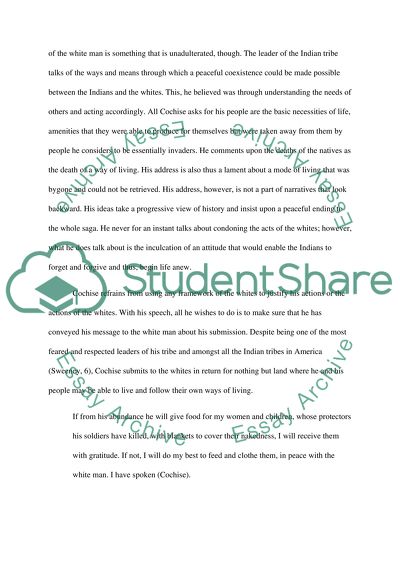Cite this document
(“Hope through Submission and Revolution in Anna Julia Cooper and Essay”, n.d.)
Hope through Submission and Revolution in Anna Julia Cooper and Essay. Retrieved from https://studentshare.org/literature/1448946-hope-for-the-future
Hope through Submission and Revolution in Anna Julia Cooper and Essay. Retrieved from https://studentshare.org/literature/1448946-hope-for-the-future
(Hope through Submission and Revolution in Anna Julia Cooper and Essay)
Hope through Submission and Revolution in Anna Julia Cooper and Essay. https://studentshare.org/literature/1448946-hope-for-the-future.
Hope through Submission and Revolution in Anna Julia Cooper and Essay. https://studentshare.org/literature/1448946-hope-for-the-future.
“Hope through Submission and Revolution in Anna Julia Cooper and Essay”, n.d. https://studentshare.org/literature/1448946-hope-for-the-future.


